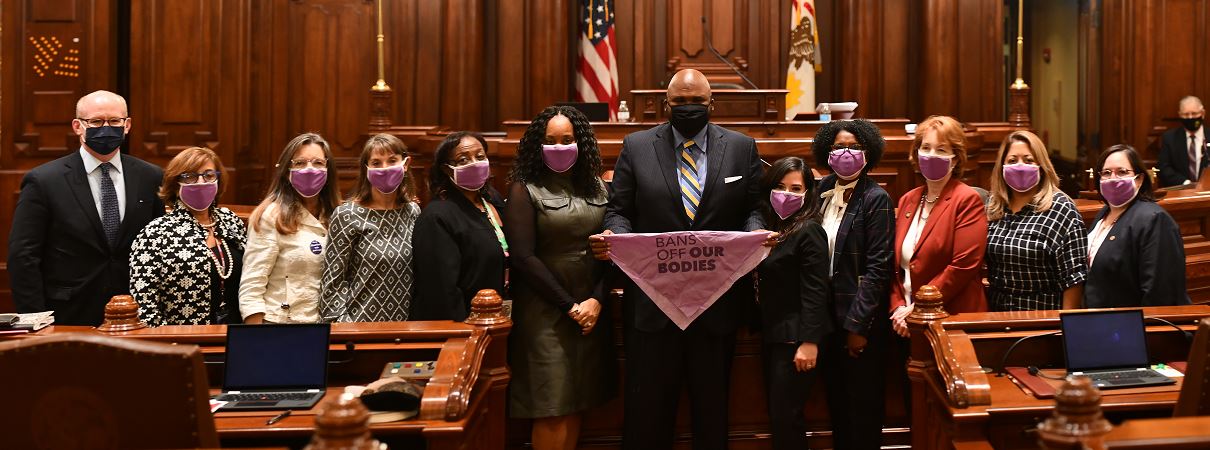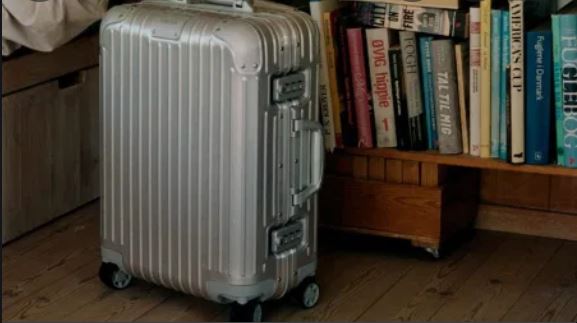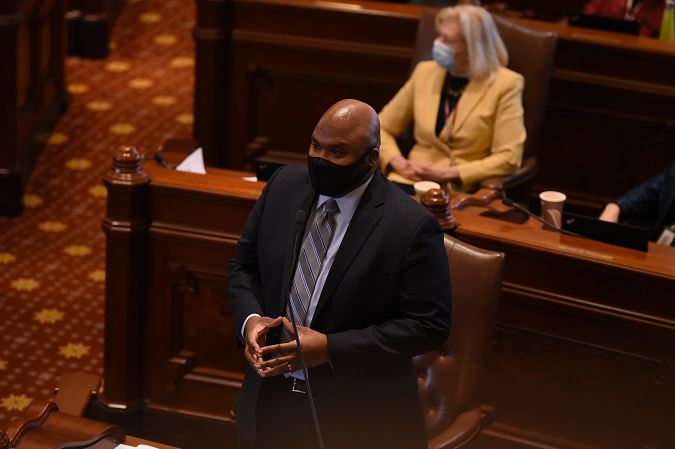
“We know that most young people alert or involve a parent or older family member in their decision making when something as serious as a pregnancy happens,” Sims said. “In fact, research shows us that the younger someone is, the more likely they are to discuss it with a family member and when they don’t, they have a good reason.”
Under current law, young women, some in troubled family circumstances, must notify an adult family member at least 48 hours before having an abortion. However, Sims and other supporters of the legislation point out that not all family systems are created equal and that youth who come from these circumstances are placed in harm’s way by forcing them into unhealthy conversations.
“It’s important to acknowledge that current law causes harm by placing barriers to care for young women in unsafe family situations,” said Sims. “This bill builds on the approach this state has taken to reproductive health care over the past few years– placing the power to make individual, personal decisions about reproductive health care in the hands of residents and their health care providers.”
CHICAGO—State Senator Elgie Sims (D-Chicago) released the following statement in response to Senate Bill 539, a comprehensive plan that changes the code of ethics for Illinois public officials and governmental entities:
“The values and expectations of political morality are derived from the principles of Justice. This bill puts real teeth into our current lobbying practices while addressing consultant loopholes and enhancing transparency.
“While more work remains to be done to restore the faith Illinois citizens have in their government,” said State Senator Elgie R. Sims, Jr. “They demanded real ethics reform like those included in this bill, changes like stopping the practice of legislators using their influence to lobby other governments and working to enact pro-rated salaries for legislators who leave office before the end of their term. Many of the changes included in this bill place Illinois on the path to restoring the faith citizens must have to make our democracy successful.
Our work continues…”

“This measure simply removes one of the challenges these children face within the DCFS system which may seem small but is really about not being cruel,” said Sims. “It’s not fair for some of these children to have to choose between toys and other keepsakes when moving because they simply do not have enough storage space for their belongings.”
Under current law there are no restrictions or requirements for what kind of baggage can be used in the relocation processes of youth.
In some cases, children were found storing or carrying their belongings in garbage bags while moving around within the child welfare system. Senate Bill 2177 seeks to ban giving children in custody plastic bags, trash bags, pillow cases and similar containers to store their personal belongings.
The initiative, led by the National Association of Social Workers Illinois Chapter, will become effective immediately.
CHICAGO – State Senator Elgie R. Sims Jr. (D-Chicago) and members of the Senate Appropriations and Commerce Committees will hold a joint hearing Thursday, Aug. 12 at noon to discuss the Back 2 Business small business recovery program.
“It has remained a top priority of mine to help all small businesses build back better,” said Sims, who chairs the Senate Appropriations Committee. “And I’m especially eager to ensure dollars reach the communities hardest hit by the pandemic.”

Only testimony on the subject matter will be heard.
“With the livelihoods of so many Illinoisans hanging in the balance, it’s critical that state agencies are transparent and accountable,” said State Senator Laura Murphy (D-Des Plaines), who serves on both committees. “I look forward to the opportunity to make our small business owners’ voices heard.”
A livestream of the committee hearing can be viewed when proceedings begin at www.ilga.gov.
Who: Members of the Senate Appropriations and Commerce Committees
What: Subject matter hearing on the Back 2 Business grant program
When: Thursday, Aug. 12 at noon
Where: Room C600 of the Bilandic Building, 160 N. LaSalle St., Chicago, IL 60601 or Virtual Room 1 on www.ilga.gov
Page 27 of 53